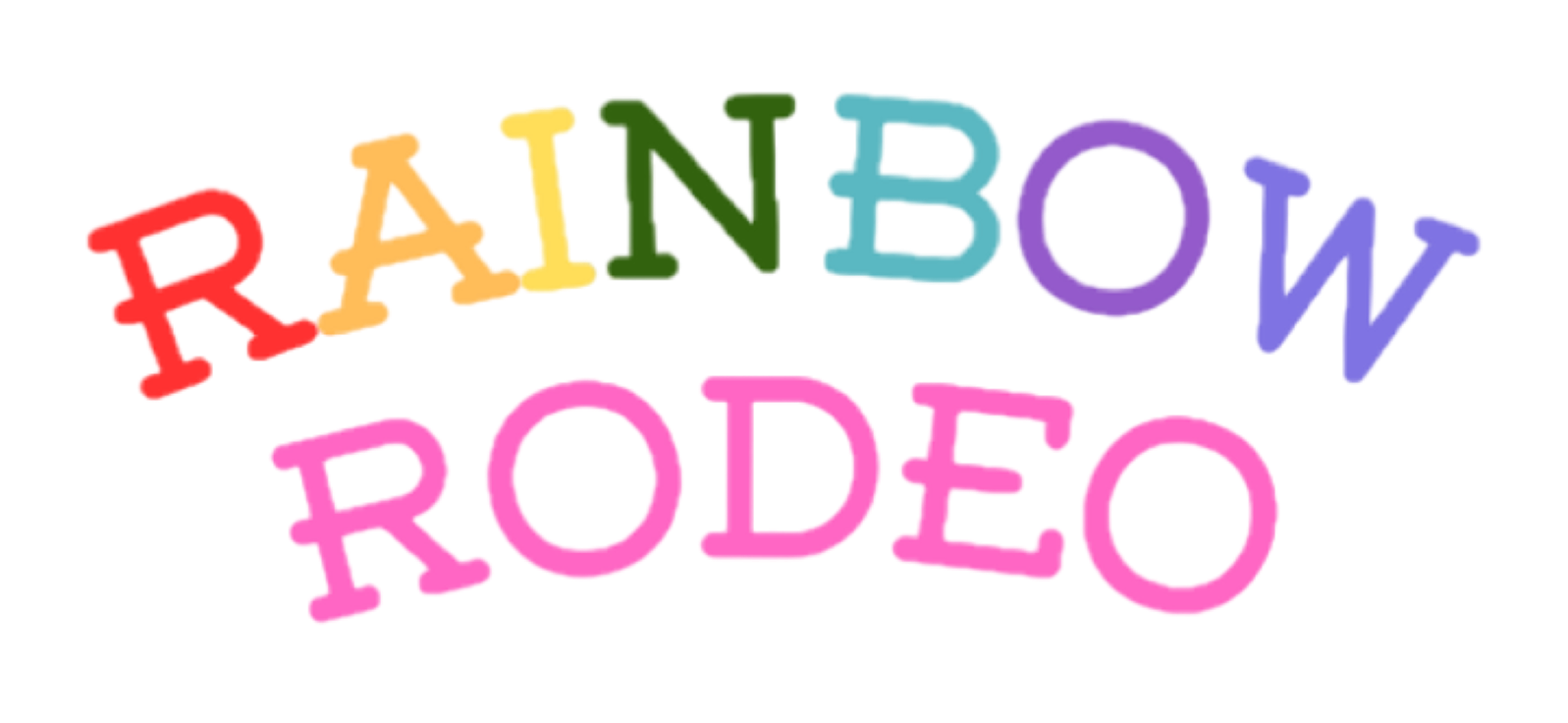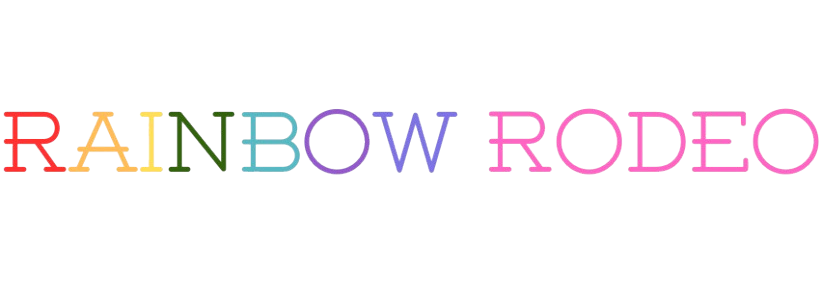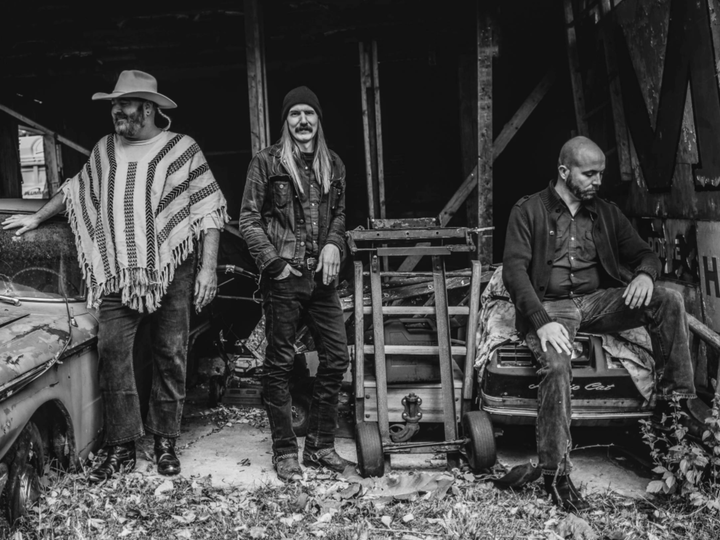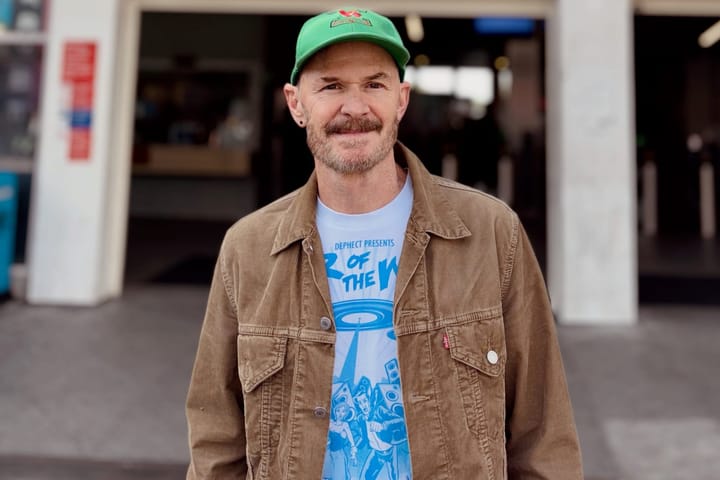INTERVIEW: Bonnie and the Mere Mortals Dare Nashville to Pass the "Bechdel Test"
With their new song "Bechdel Test," Bonnie and the Mere Mortals take country music industry's heterosexism to task.
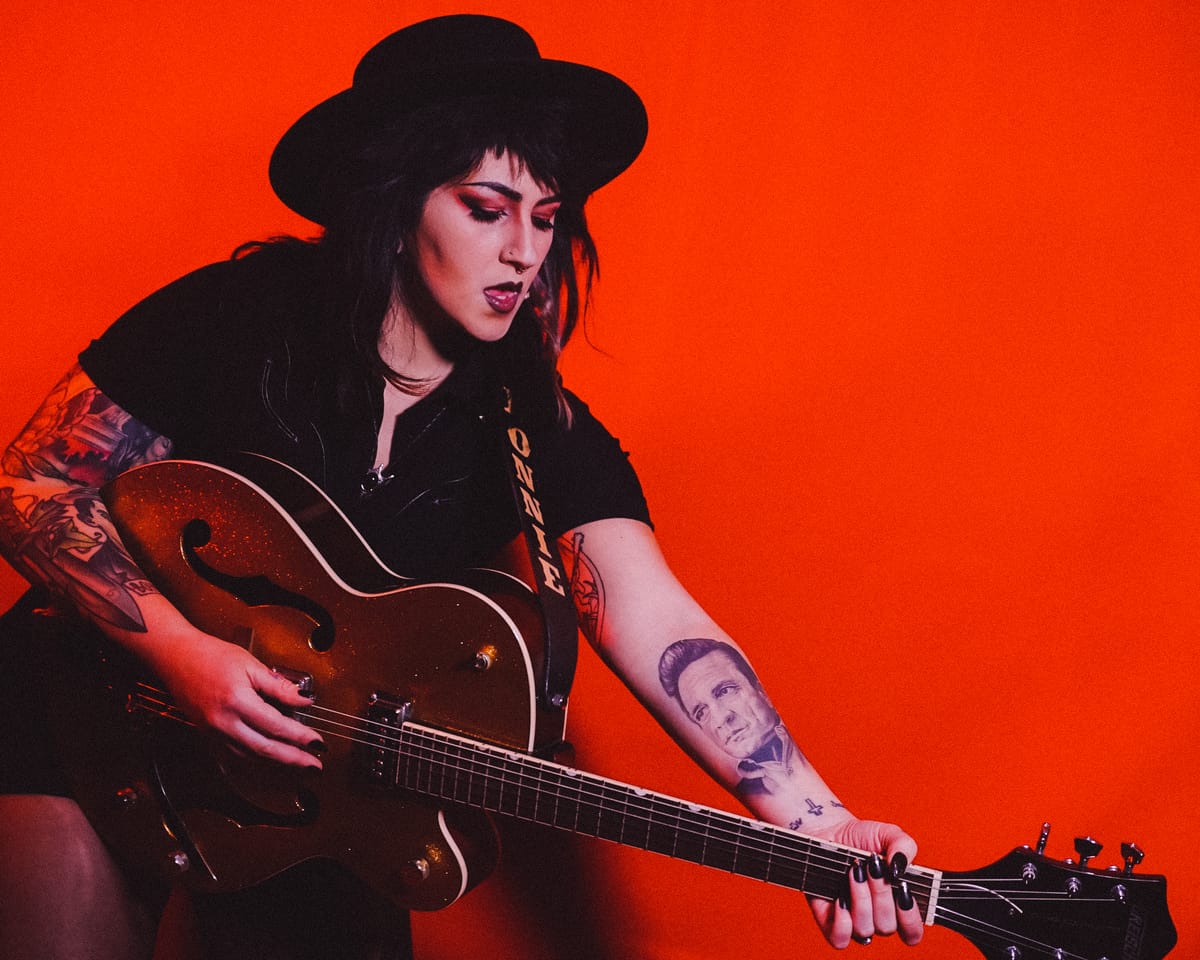
Bonnie and the Mere Mortals are masters of self-assured southern rock with an acid edge. With their new song "Bechdel Test," Bonnie Ramone and Sophie Gault (of Sophie and the Broken Things) found themselves taking the country music industry's heterosexism to task. In our interview, we also discuss how the pair brought a powerhouse of artists together to ensure the song passes the Bechdel Test, as well as how country has changed with the new presidential administration – and some words of wisdom for anyone who's in the process of coming out.
What prompted you to write "Bechdel Test"?
Writing "Bechdel Test" was really different than anything else I’ve done before. I wanted to collaborate with my beautiful talented friends, but also, when we got down to it, we were at a loss with what to write! Sophie and I looked at dozens of women duets, and they were all about men. No shade, but we thought it was high time we had a song of our own about us. We've all traded so many stories about being a woman in the music industry and what we've had to endure--how we've been passed over or had to prove ourselves to men whose talent couldn't fill a thimble.
We wanted to write something that celebrates all of that strength and gives thanks to all of the women who've paved the way before us and everyone showing up for us now. The verses talk about our individual experiences as musicians and women, but our cry in the chorus is really just about wanting to let it all go and scream sing to Shania and Whitney and Alanis and all these incredible women we’re in awe of.
We wrote so much of this song as fans, and we want everyone around us to let their hair down and geek out with us. This song’s got 5 acts on it, but when we play it live, everyone’s a part of the band.
You rounded up quite a crew to join you on this song. How did it all come together?
As an independent musician, one of the biggest parts is building those relationships and lifelong friendships with folks you might get to see a couple times a year. Each show is a reunion with friends who understand your life on a molecular level. We're told by society that we should be competing, but I never bought into that lie. We make each other stronger. I really wanted to make something together.
Sophie Gault and I talked about the idea over drinks plenty of times on tour, but we hadn’t quite cracked it. She’s been playing with us on short runs in and out of Nashville for years, and we love playing together. She’s a monster on guitar and a great songwriter and I knew I wanted her Bonnie Raitt-esqe sound on this track. I ended up writing the main riff and the first couple lines on an RV trip out in New Mexico, and I knew I had something. We sent tracks back and forth for months.
Later on, I shared the idea with Amy Martin on our last tour together, and we started to mess with it together on a goat farm outside of Asheville. Amy is a queer country singer from Harrisonburg, Virginia, and we’ve always really understood each other… both being queer musicians from Appalachia. Those experiences and old folk murder ballads get into your bones, and when I started to sing with her, the verses really started to flow.
Wendy Clay Alfredson (of the powerhouse that is Dear Marsha,) was kind enough to sing with Amy and me and let us into her home studio in Denver to lay down some vocals, but she ended up laying down about half the hook and one of the cheekiest lines… just off the cuff! Dear Marsha, has been a huge part of the Denver scene for about 25 years now, and we were so honored to have them be a part of this. Being in that room singing 3 part harmony that spanned generations, regions, and genre was incredible. There really is nothing like hitting that flow with people you love.
From there we knew we needed fiddle, but we needed someone who could hit that balance between Americana sing-a-long, Alanis, and the Cranberries… and Hannah McGovern surpassed anything we could have dreamed up. Woodland Creatures is based out of Pittsburgh and always bring a palpable energy to everything they do. This song really is true collaboration, and everyone added something that made it more than the sum of its parts.
You've discussed how you've had to find your home in both the rural areas you grew up in and the cities you moved to. How did you go about that?
Growing up on a farm in a coal town means knowing that death is a part of living. Appalachians are often a dark, collectivist people. We keep to ourselves, but take care of the folks around us. I sometimes feel like I grew up in a Southern Gothic novel... alone reading Poe in a tree somewhere. But I also had my people.
Being mostly left to my own devices, I had my idols: people like Dolly and Bowie. Even if I was wasn't understood where I was, I knew there were people out there for me. They gave me a license to be weird. Loudly. I never fully fit in growing up, but no matter where you go, misfits can be found. I don't think I fell in love with the gothic in spite of my rural upbringing, but because of it.
In the city it was the complete opposite. I found a whole new world that made my head spin. I felt so afraid that I wouldn't be accepted. I had just started to come into my queerness and the world was huge and terrifying.It honestly really started to fall together when I began this project, stopped code-switching, and began to live weird loudly. I put my music, my big ol' hair, and my art out there and lit my own little beacon. When you're living earnestly, people respond.
Do you feel things have changed in the country/Americana scene since Trump's election? Or, as "Bechdel Test" shows, is it the same as it ever was?
The history of Country and Americana music has always been working class, BIPOC, for underdogs, and for everyone. I think the Toby Keiths and Jason Aldeans out there robbed us of some of this. There are some truths that have mostly been buried. The banjo came from West Africa. “This Land is My Land” was an anti-fascist protest song. Loretta and Dolly both had numerous songs banned from the radio for being too feminist. People have been using music of all genres to speak truth to power for as long as we’ve had music. Billie Holiday lost her life for her fight to sing “Strange Fruit.”
I think the difference is now we’re not waiting for the gatekeepers to let us in. We’re building our own tower. I think the powers that be want us to feel as though our little songs don’t matter, but these communities we build give voices to us all. Between Beyonce, Chappell Roan, Brandi Carlile, Rhiannon Giddens… we’re seeing Country/Americana return to what it always has been. Being able to put out a song like Bechdel Test shows that things are changing and we’re willing to fight for that change. When things get bad, art gets good.
It's pride so I've got to ask – do you have any words of wisdom for anyone who might be questioning their identity right now?
Growing up queer in rural Appalachia on the border of the West Virginia panhandle made me feel really isolated sometimes. I miss those woods dearly and I keep in touch with my people, but I could never have stayed there. By sharing our stories and being visible I'd like to think that we made it a little easier for the weirdos, queerdos, and cryptids that came after us. Regardless of where you come from, things are incredibly hard right now. But you will never have a better, tighter, more caring community that is ready to embrace you and fight for you. I will fight for you.
Bonnie and the Mere Mortals – Official, Instagram, TikTok, Spotify
